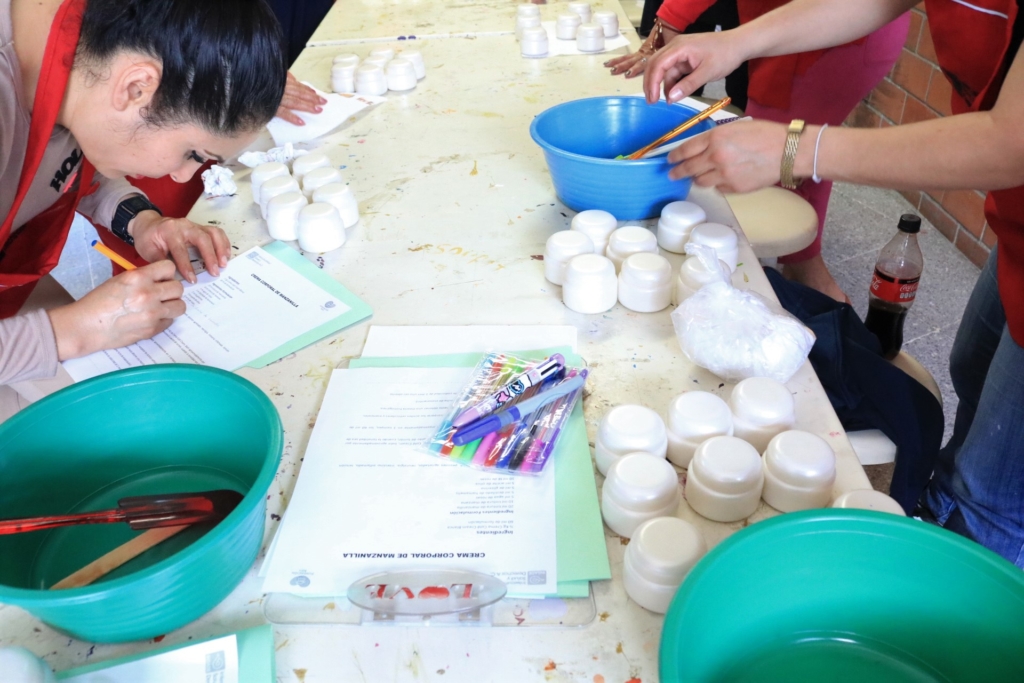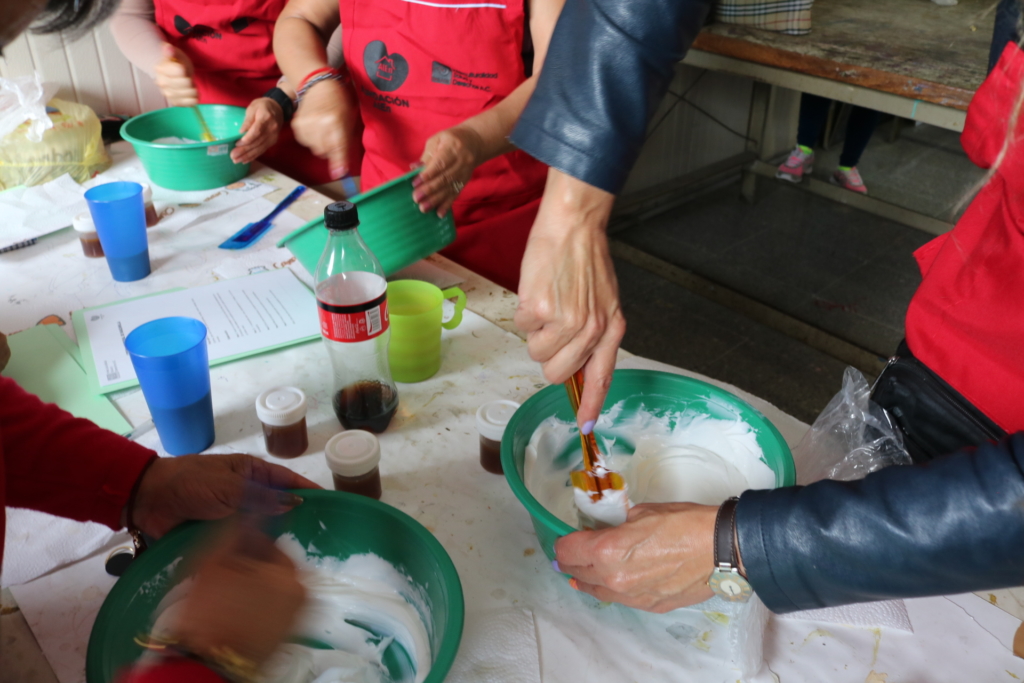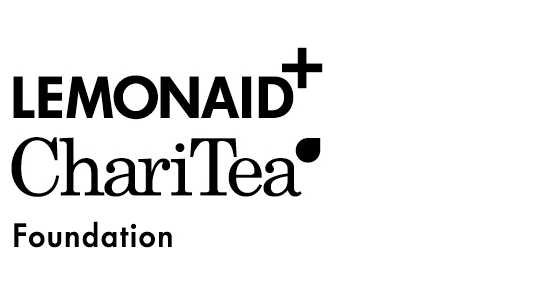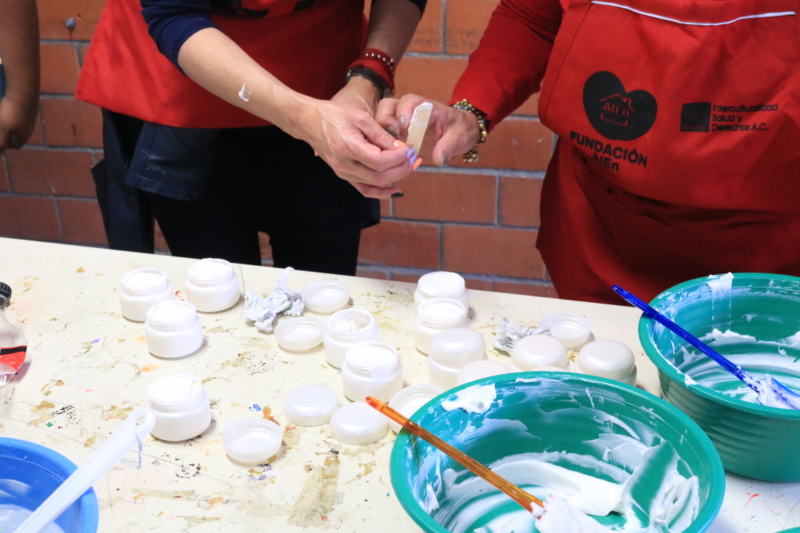The situation in Mexican prisons is still precarious. Generally, the housing conditions are poorly and inmates suffer from physical abuse by prison wardens. However, the high number of repeat offenses remains a particular problem. Nationwide, around 25.9 percent of the Population who were imprisoned in 2016 have already been charged with a crime before. Likewise, 24.7 percent of the inmates have been imprisoned at some time in the past. The social stigmatization after a stay in prison and, above all, the lack of prospects on the Mexican labor market, combined with the low quality of the measures for social and economic reintegration during imprisonment, consequently drives many first- time offenders back to crime.
Social and Economic Reintegration through entrepreneurial independence
Women only account for 5.2 percent of the total 178,400 Mexicans in prison, but are especially discriminated against after their release. Many families support their male imprisoned family members, whereas women often lack this support. Furthermore, the reintegration measures in prison are primarily geared to the mens needs. This means that women suffer under both systematic social and economic discrimination, and as a result have an increased risk of committing a crime again.
After young inmates expressed their wish to provide financial support for their families in 2011, INSADE consequently developed the Hecho en Libertad model. The program offers vocational training and, most importantly, the opportunity for economic and social reintegration into society in four phases.
The first phase focuses on skills for everyday life. Here, the teenagers participate in sport courses and furthermore learn about sexual and reproductive rights, as well as non- discrimination. After that, participants acquire skills to make their own products, which they can later sell. Thereby they are able to support their families financially. By learning about entrepreneurial skills and the economic system, the participates can then develop their own business model. Moreover, they receive support with project applications and loan enquiries. After their release, INSADE monitors and helps the young people in the fourth phase to reintegrate them into social life. As a result, none of the total of 1,300 juveniles participating in the program have been convicted again during the four years of project implementation.
A Second Chance for Women on Probation
The NGO’s latest project is specifically dedicated to the problem of discrimination against women after their stay in prison. INSADE is convinced that reintegration programmes should have a gender-specific focus in order to increase the chances of professional reintegration. The reason why women are imprisoned in the first place is often structurally different from that of men; sometimes women also vouch for the crimes committed by their husbands. Moreover, their families and children are affected differently by imprisonment. However, there are not many programmes that aim to bring positive changes for women in the long term.

© INSADE
Hence, the team developed a new project in the Hecho en Libertad model, similar to their first one. The new project focuses on opportunities for entrepreneurial independence for women on probation in Mexico City. Each year, 100 women who have committed crimes can participate in the Hecho en Libertad program. In the first stage, INSADE offeres various crafting courses, for instance beaking bread or making jewelry from recycled glass (earrings, necklaces, key rings, bracelets). Further, women learn how to make cosmetic products such as creams and soaps. Secondly, the women are professionally trained in business management skills. In the third stage, the women are additionally supported in developing their own business model. Finally, they can present it their Business idea to a committee of experts. The experts then provide them with further advice and mediation on Government loan Programmes in Mexico.
INSADE also partly takes over the marketing of the products via their online platform Hecho en Libertad. In this way, the women can build up their own source of income and thus be independent entrepreneurs after their probation.

© INSADE
Future prospects through independent Entrepreneurship
During the three- year duration of the project, a total of 300 women will benefit from the programme and its social, vocational and entrepreneurial training. After completion of the programme, each group will record their experiences in order to trace the positive effects of the INSADE project on their lives. That way the next generation of women on probation will benefit from their valuable experience and likewise start their own businesses. Women are thus given a second chance to shape their future through entrepreneurial independence, and, most importantly, in freedom.
The Lemonaid & ChariTea Foundation supports the project with the costs for the workshops and the material, as well as with the impact measurement and the costs for the marketing of the products.
Through this project, INSADE not only contributes to the entrepreneurial independence of women on probation by creating their own sources of income, but also gives them a chance for social and economic reintegration. By creating synergies, INSADE additionally initiates a process of transformation of patriarchal structures. Furthermore, INSADE advocates for a gender-sensitive focus in state reintegration programmes.



